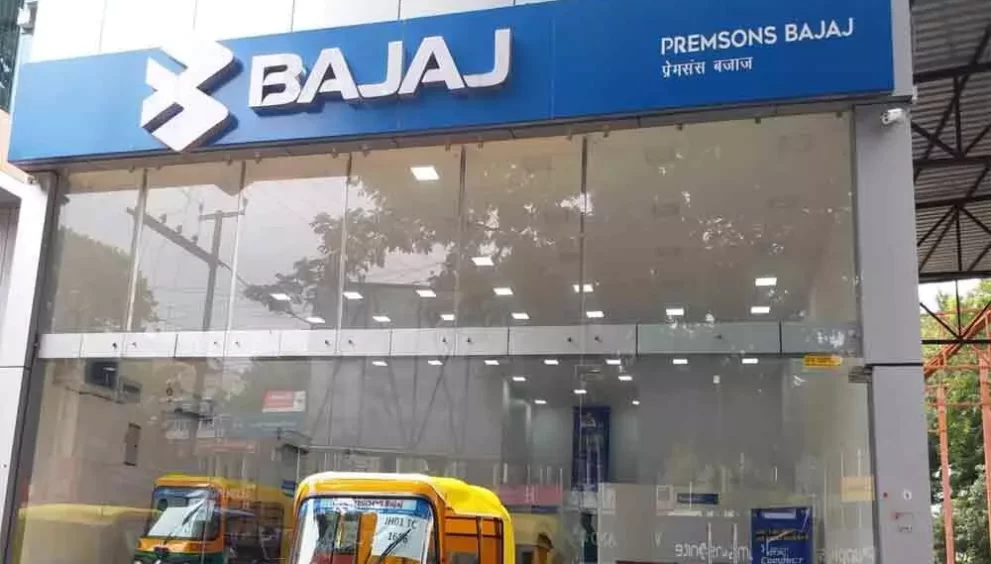India’s Bajaj Auto has issued a warning that continued delays in obtaining rare earth magnets from China could severely disrupt its electric vehicle production by July. China dominates over 90% of the global processing capacity for these magnets, which are essential for electric vehicles, clean energy technologies, and household appliances. In April, China introduced new restrictions requiring companies to secure import permits from Beijing.
Indian automotive industry groups have appealed to the government to assist in releasing shipments of magnets that have been held up at Chinese ports since early April. During a recent earnings call, Bajaj Auto’s executive director Rakesh Sharma expressed hope that exporters in China would soon receive the necessary approvals to dispatch these critical components, based on declarations made by suppliers.
This marks the first time Bajaj Auto has publicly acknowledged the potential impact of China’s export controls, which could halt Indian vehicle production. Rare earth magnets are crucial not only for electric motors in EVs but also for traditional car components such as power windows and speakers.
Sharma described the situation as a significant challenge and noted that while India has established procedures for end-use declarations for non-military purposes, similar steps have yet to be finalized in China.
Bajaj Auto produces electric scooters under its “Chetak” brand as well as electric three-wheelers. Despite concerns about magnet supply, the company reported a fourth-quarter profit that exceeded expectations, supported by stronger motorcycle exports and favorable currency movements, offsetting a decline in domestic sales.



